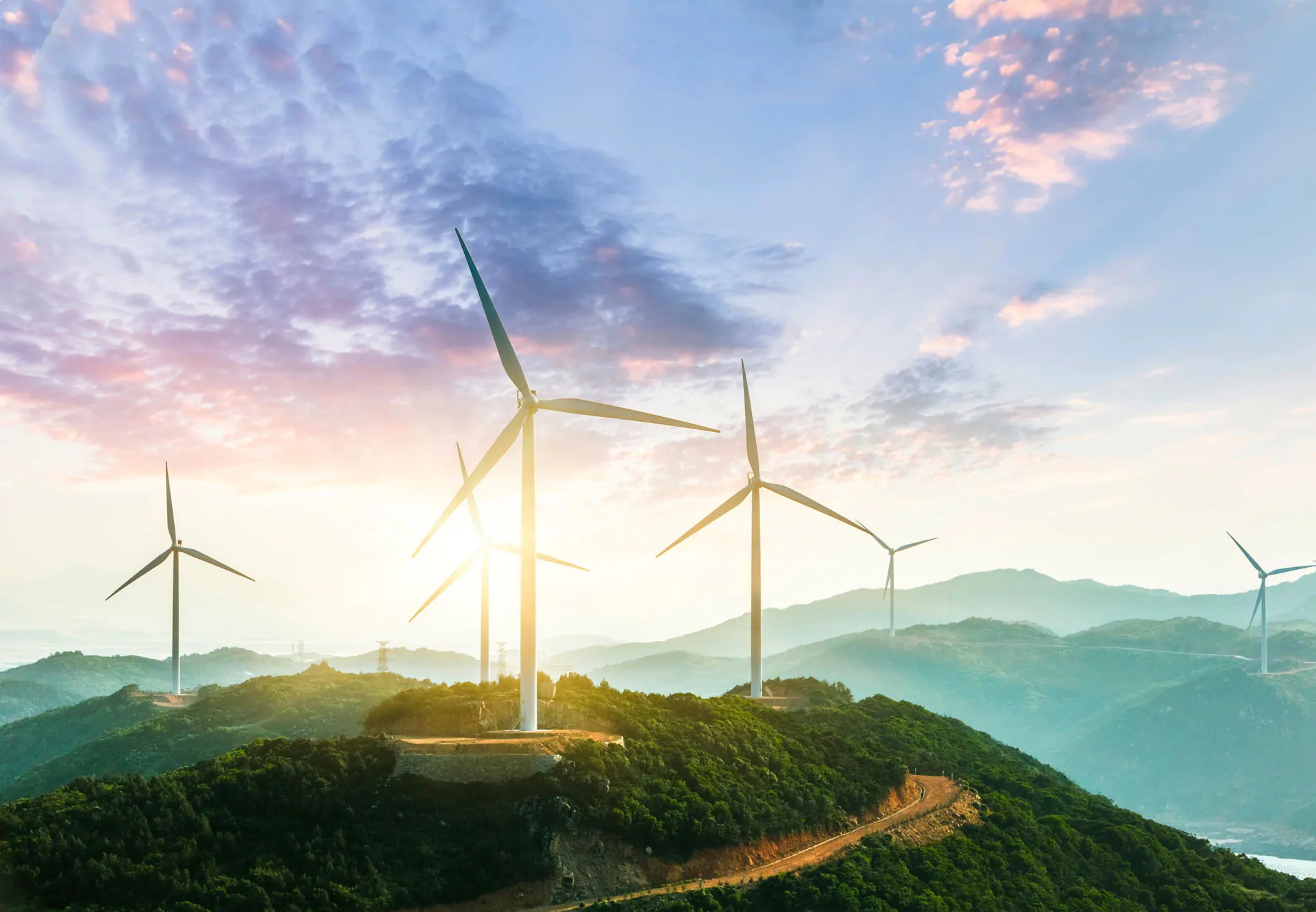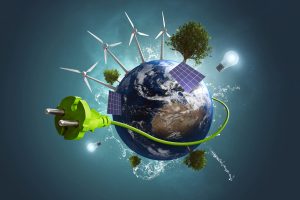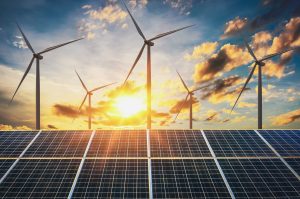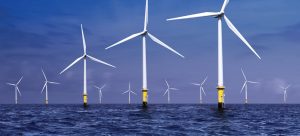- 25 July 2024
- 112
The Future of Renewable Energy Investments

Renewable energy investments have witnessed a remarkable surge over the past decade, driven by growing environmental concerns, technological advancements, and favorable government policies. As the world grapples with climate change and the need for sustainable energy sources, the future of renewable energy investments is poised for significant transformation. This article delves into the various factors influencing this sector, potential investment opportunities, and comparative analysis of different renewable energy sources.
Current State of Renewable Energy Investments
The renewable energy sector has experienced exponential growth, with investments surpassing $300 billion annually in recent years. This surge is attributed to the declining costs of renewable technologies, increased public awareness, and supportive government policies. Solar, wind, and hydropower have emerged as the frontrunners, capturing the majority of investments. However, other sources like bioenergy, geothermal, and tidal energy are also gaining traction.
Declining Costs
Technological advancements have led to a significant reduction in the cost of renewable energy technologies. For instance, the cost of solar photovoltaic (PV) modules has dropped by nearly 90% over the past decade, making solar energy more competitive with traditional fossil fuels. Similarly, wind turbine prices have decreased, making wind energy an economically viable option for many regions.
Government Policies and Incentives
Government policies play a crucial role in shaping the renewable energy landscape. Various countries have implemented incentives such as tax credits, subsidies, and feed-in tariffs to encourage investments in renewable energy. For example, the United States offers the Investment Tax Credit (ITC) for solar energy projects, while Germany’s Energiewende policy aims to transition to a renewable energy-dominated grid.
Public Awareness and Corporate Responsibility

Increased public awareness about climate change and environmental sustainability has spurred demand for clean energy. Corporations are also increasingly adopting renewable energy to reduce their carbon footprint and enhance their corporate social responsibility (CSR) profiles. Major companies like Google, Apple, and Amazon have committed to powering their operations with 100% renewable energy.
Emerging Trends in Renewable Energy Investments
The future of renewable energy investments is shaped by several emerging trends that promise to revolutionize the sector. These include advancements in energy storage, the rise of green hydrogen, digitalization, and decentralized energy systems.
Advancements in Energy Storage
Energy storage is a critical component of the renewable energy ecosystem, addressing the intermittent nature of sources like solar and wind. Innovations in battery technologies, particularly lithium-ion and solid-state batteries, are enhancing storage capacity and reducing costs. This development is crucial for ensuring a stable and reliable energy supply.
Rise of Green Hydrogen
Green hydrogen, produced using renewable energy sources, is emerging as a key player in the future energy mix. It offers a clean alternative for sectors that are difficult to decarbonize, such as heavy industry and transportation. Investments in green hydrogen infrastructure and production facilities are expected to grow, driven by supportive policies and increasing demand for sustainable fuels.
Digitalization and Smart Grids
The integration of digital technologies and smart grids is transforming the renewable energy sector. Advanced data analytics, artificial intelligence (AI), and Internet of Things (IoT) are optimizing energy generation, distribution, and consumption. Smart grids enable better management of energy resources, improving efficiency and reducing wastage.
Decentralized Energy Systems
Decentralized energy systems, characterized by local energy generation and consumption, are gaining popularity. Microgrids and distributed energy resources (DERs) offer greater resilience and reliability, especially in remote or underserved areas. This trend is supported by advancements in renewable technologies and energy storage solutions.
Investment Opportunities in Renewable Energy
The renewable energy sector presents a plethora of investment opportunities across various technologies and regions. Investors can explore utility-scale projects, distributed energy systems, and emerging technologies to diversify their portfolios.
Utility-Scale Projects
Utility-scale renewable energy projects, such as large solar farms and wind parks, continue to attract substantial investments. These projects benefit from economies of scale and offer long-term, stable returns. Regions with abundant natural resources and supportive policies, like China, the United States, and Europe, are prime targets for such investments.
Distributed Energy Systems
Investments in distributed energy systems, including rooftop solar panels, small wind turbines, and community solar projects, are on the rise. These systems provide localized energy solutions and reduce dependency on centralized power grids. They also offer opportunities for individual investors and small businesses to participate in the renewable energy market.
Emerging Technologies
Emerging technologies like green hydrogen, floating solar, and advanced bioenergy are opening new avenues for investment. These technologies hold the potential to address specific energy challenges and enhance the overall sustainability of the energy sector. Investors willing to take on higher risks can explore these nascent areas for potentially high returns.
Comparative Analysis of Renewable Energy Sources

Understanding the strengths and weaknesses of various renewable energy sources is crucial for informed investment decisions. The following comparative analysis provides insights into the key characteristics of major renewable energy technologies.
| Energy Source | Advantages | Disadvantages | Investment Potential |
| Solar Energy | Abundant, declining costs, scalable | Intermittent, requires large land areas | High, with strong growth prospects |
| Wind Energy | Cost-competitive, mature technology, scalable | Intermittent, site-specific, visual and noise impact | High, especially in onshore and offshore projects |
| Hydropower | Reliable, efficient, long lifespan | Environmental impact, site-specific, high upfront cost | Moderate, limited by geographical constraints |
| Bioenergy | Versatile, can utilize waste materials | Emissions, land use competition | Moderate, growing interest in advanced biofuels |
| Geothermal | Reliable, low emissions, small footprint | Site-specific, high upfront cost | Moderate, promising in geologically suitable regions |
| Green Hydrogen | Clean, versatile, decarbonizes hard-to-abate sectors | High production cost, infrastructure challenges | High, with increasing investments and policy support |
Analysis of Investment Potential
To further analyze the investment potential, the following table provides a detailed comparison based on cost trends, technological maturity, and market growth prospects.
| Energy Source | Cost Trends | Technological Maturity | Market Growth Prospects |
| Solar Energy | Rapidly declining | High | Strong, driven by global adoption |
| Wind Energy | Declining, especially offshore | High | Strong, with offshore wind gaining momentum |
| Hydropower | Stable | High | Moderate, limited by site availability |
| Bioenergy | Stable, with potential for decline | Moderate | Moderate, dependent on policy support |
| Geothermal | Stable | Moderate | Moderate, with potential in suitable regions |
| Green Hydrogen | Expected to decline | Emerging | High, with significant policy backing |
Challenges and Risks
Despite the promising future, renewable energy investments are not without challenges and risks. These include regulatory uncertainties, technological risks, market volatility, and environmental concerns.
Regulatory Uncertainties
Changes in government policies and regulations can significantly impact the renewable energy sector. Investors must navigate varying policy landscapes and potential changes in incentives and subsidies. Regulatory stability is crucial for long-term investment planning.
Technological Risks
While advancements in technology drive cost reductions and efficiency gains, they also pose risks. Emerging technologies may face technical hurdles, delays in commercialization, and unforeseen operational issues. Investors need to assess the maturity and reliability of technologies before committing capital.
Market Volatility
Renewable energy markets can be volatile, influenced by factors such as commodity prices, supply chain disruptions, and geopolitical events. Investors must be prepared for fluctuations in market conditions and adopt strategies to mitigate risks.
Environmental Concerns

Renewable energy projects can have environmental impacts, such as habitat disruption, water usage, and waste generation. Sustainable and responsible investment practices are essential to address these concerns and ensure the long-term viability of renewable energy projects.
Conclusion
The future of renewable energy investments is bright, driven by technological advancements, favorable policies, and growing demand for sustainable energy solutions. While challenges and risks exist, the sector offers immense opportunities for investors seeking to contribute to a greener and more sustainable future. By understanding the dynamics of different renewable energy sources and staying abreast of emerging trends, investors can make informed decisions and capitalize on the growth potential of this vital sector.
Renewable energy investments are not only financially rewarding but also play a crucial role in addressing global environmental challenges. As the world transitions towards a low-carbon economy, the renewable energy sector will continue to be a cornerstone of sustainable development and a key area of focus for investors worldwide.

